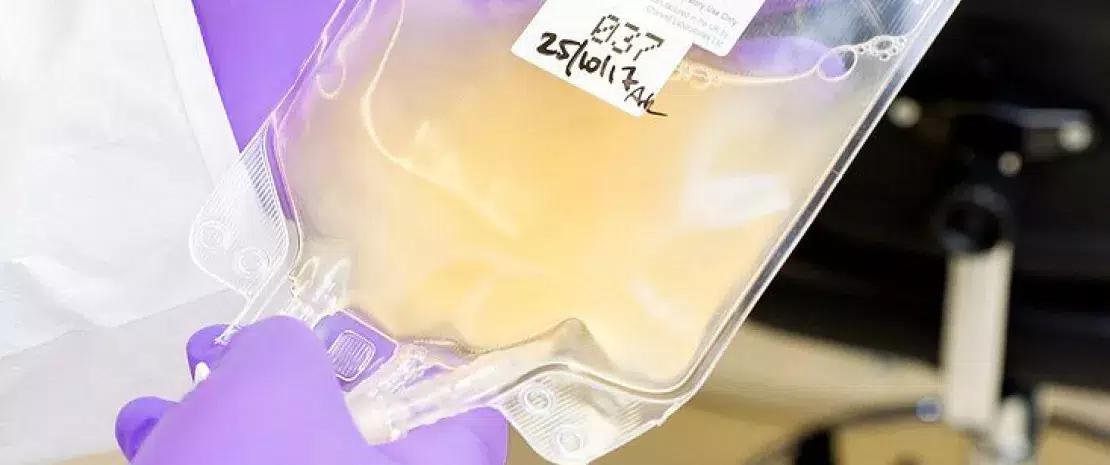Gut Microbiota #12
By Prof. Markku Voutilainen
Turku University Faculty of Medicine; Turku University Hospital, Department of Gastroenterology, Turku, Finland
Lay public section
Find here your dedicated section
Sources
This article is based on scientific information
Sections

About this article
Author
FECAL MICROBIOTA TRANSPLANTION (FMT) FOR CESAREANSECTION- DELIVERED INFANTS TO RESTORE NORMAL GUT MICROBIOTA
The gut microbiota of infants born vaginally differs from that of CS born infants since they are not exposed to maternal microbes during delivery. Several studies reported that CS may be associated to short- and long-term consequences, including an increased risk of chronic immune diseases. In this study, the efficacy and safety of fecal microbiota transplant (FMT) has been evaluated as a means of restoring the gut microbiota of babies born by CSD. Seven CSD infants received a stool-transplant from their own mother at the first milk feeding, and the composition of their gut microbiota was compared to that of 82 babies born vaginally or by CS without FMT. During the 3-month follow-up, no adverse effects was reported. One week post-FMT, the gut microbiota of CSD infants was similar to that of vaginally delivered infants while CSD-infants without FMT had lower microbial diversity. FMT corrected the bacterial signature of CSD delivered infants by rapid normalization of Bacteroidales which was lower in CSD group and also reduced potential pathogens typical for CSD infants. This proof-of-concept study showed that FMT normalizes gut microbiota development in CSD infants.
CESAREAN SECTION AND CHILDHOOD ASTHMA RISK
The authors analyzed the effects of cesarean section (CS) delivery on gut microbiota composition during the first year of life and examined if the perturbations were associated with a risk of developing asthma in the first 6 years of life. They included 700 children from the COPSAC2010 (Copenhagen Prospective Studies on Asthma in Childhood2010) cohort, of whom 22% (151) were born by CS and 78% (549) by vaginal delivery. Gut microbiota composition varied with delivery mode: CS born babies had lower abundance of Bacteroidetes and Actinobacteria at 1 week of age, but the abundance of Firmicutes and Proteobacteria were higher compared with vaginally born children. At genus level, only 3 genera were different at age 1 year and CS delivery was associated with higher relative abundance of a genus belonging to the family Enterobacteriaceae and Escherichia/Shigella. A microbial profile was identified that predicted the birth mode at one week, one month, and one year of age. CS delivered children who retained a CS gut microbiota signature at age 1 year had a three times increased risk of developing asthma by age 6. This increased asthma risk was ameliorated in CS-born children whose gut microbiota at the age of 1 year resembled that of vaginally born children. It indicates that healthy maturation of a dysbiotic CS gut microbiota could ameliorate some of the risk of asthma associated with CS delivery.







